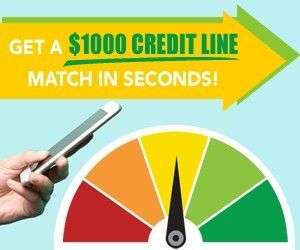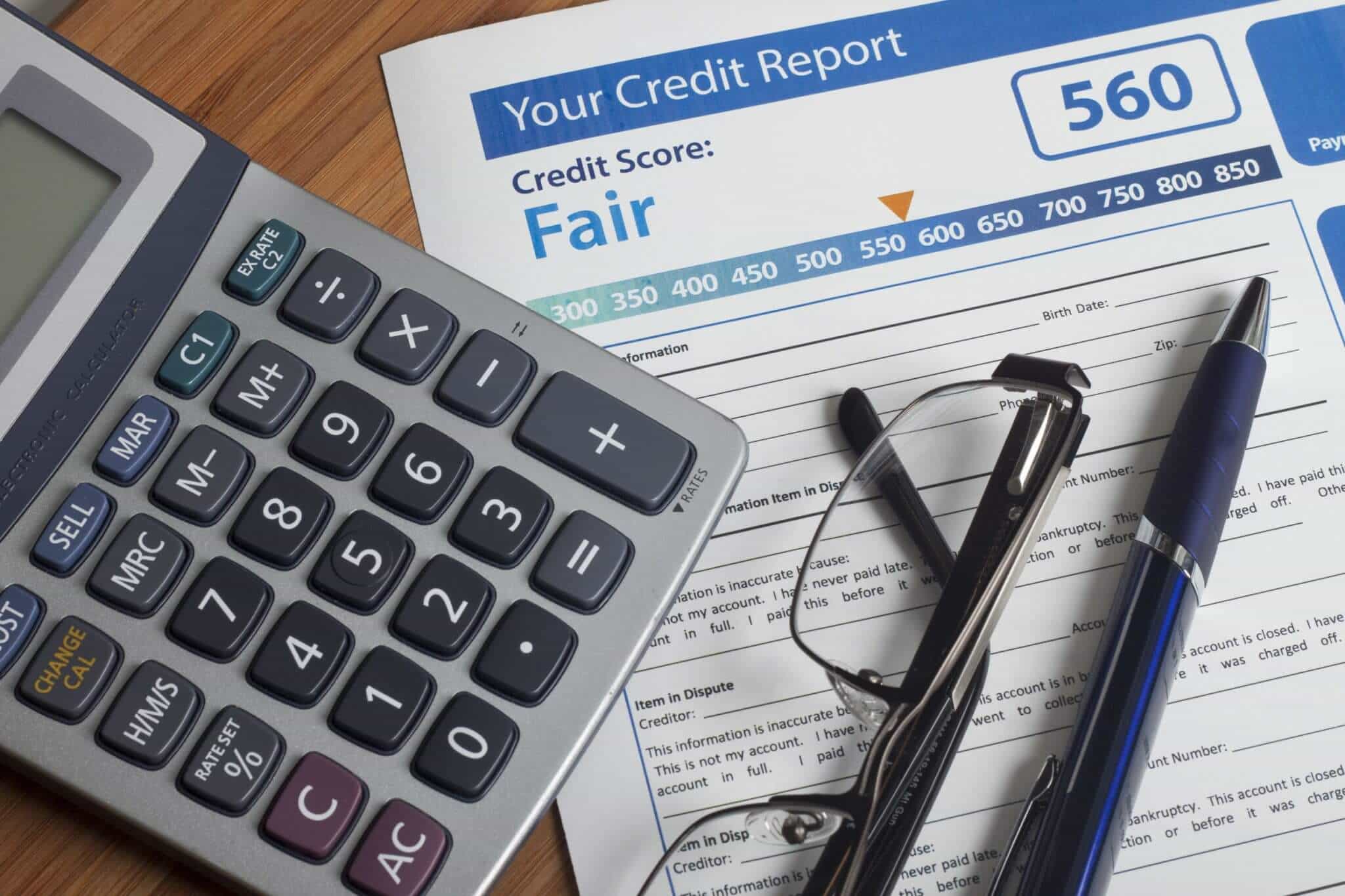Paying off debt can be a daunting task, but it’s important to remember that it’s not impossible. Whether you’re dealing with credit card debt, student loans, or medical bills, there are steps you can take to get yourself back on track financially.Debt Payoff Strategies.
First, take a deep breath and don’t panic. It’s easy to get overwhelmed by the numbers and feel like there’s no way out, but it’s important to remember that you’re not alone. Millions of people are in debt, and many of them have successfully paid it off.
Next, take an inventory of your debt. Write down all of your debts, including the creditor, the current balance, the interest rate, and the minimum monthly payment. This will give you a clear picture of exactly what you’re dealing with and help you prioritize which debts to tackle first.
Once you have a clear picture of your debt, create a budget. This will help you get a better understanding of where your money is going and where you can cut back. Be sure to include all of your expenses, including rent or mortgage, utilities, groceries, and entertainment.
Once you have a budget in place, it’s time to start paying off your debt. The most popular method for paying off debt is the “debt snowball” method. This involves paying off your smallest debt first, while paying the minimum on your other debts. Once the smallest debt is paid off, you move on to the next smallest debt, and so on. The idea behind this method is that it gives you a sense of accomplishment and momentum, which can help keep you motivated.

Another popular method is the “debt avalanche” method. With this method, you focus on paying off the debt with the highest interest rate first. The reason for this is that the high-interest debt will cost you more in the long run, so paying it off first will save you money in the long run.
Whichever method you choose, it’s important to make sure you’re paying more than the minimum payment on each debt. If you only pay the minimum, it will take you longer to pay off the debt, and you’ll end up paying more in interest.
In addition to paying more than the minimum, you can also look for ways to lower your interest rates. For example, you can call your creditors and ask for a lower rate, or you can transfer your balances to a credit card with a lower interest rate.
Another way to pay off debt is to earn more money. This can be done by getting a part-time job, freelancing, or starting your own business. Any extra money you earn can be used to pay off your debt.
When you’re paying off debt, it’s also important to be mindful of your spending. Try to avoid unnecessary purchases and stick to your budget as much as possible. This will help you stay on track and make sure you’re using your money to pay off your debt.
In summary, paying off debt can be a daunting task but it is manageable. Start by taking an inventory of your debt, creating a budget, and prioritizing which debt to pay off first. Consider using the snowball or avalanche method, pay more than the minimum payment, look for ways to lower your interest rates, and earn more money. Also, be mindful of your spending habits and stick to your budget. Remember, it’s not easy, but it’s worth it in the end.
You may also love to read this:
GET PAID TO DO SIMPLE LIVE CHAT







